MCC in M16m debt crisis

SHARE THIS PAGE!
The cash-strapped Maseru City Council (MCC) is saddled with a suffocating M16 million debt to the taxman and office rentals at Moon Star Complex along Kingsway in the central business district.
The municipality initially owed M52 million inclusive of penalties and late payment fees for taxes to Revenue Services Lesotho (RSL). But after receiving a bail out from government in 2021, the MCC was able to pay part of the debt (M36 million).
MCC Town Clerk Molete Selete told a council sitting yesterday that they also owe the Water and Sewage Company (WASCO).
Selete stressed the urgent need to settle this debt given the essential nature of water services to the town’s residents.
He noted that the council met with the Minister of Local Government, Lebona Lephema, to seek advice on the tax and rent debt.
“The minister suggested we meet with the RSL. We did that and paid part of the debt and now we still have the outstanding debt of M16 million,” Selete said.
He also expressed concern over the shortage of medication in MCC clinics, which was largely due to the diversion of medicines to unauthorised channels.
He said there were reports that medication intended for clinics was being sold to some local pharmacies.
Selete urged councillors to be vigilant and ensure that medicines reach the intended council health centres.
“Our major enemy when it comes to the shortage of medication is that it does not go to the targeted people but is being diverted and sold to pharmacies in villages,” he said, calling for stricter controls to curb the practice.
Selete suggested the use of cameras focused on MCC pharmacists, and timely payments to suppliers when the council purchases medicines. This would prevent debt backlogs.
Monitoring the distribution of medication would also help a long way, he said.
He added that hiring people to collect waste in the city was also worsening the municipality’s finances.
“Hiring should be the last resort in our efforts to maintain a healthy environment. We should prioritise preventing littering.”
There was also need for behavioural change by residents to curb littering, given the financial burden it places on the country.
“The council is spending huge amounts of money due to littering. Although removing litter creates jobs, this cripples the council financially,” Selete pointed out.
The MCC has plans to establish buy-back centres, where people can return recycle materials.
Selete also emphasised the importance of community participation in council issues, reminding the public that their involvement is crucial for the effective governance of the city.
In a related development, ‘Mamolemo Moseme from the Finance Department presented the MCC monthly report, which reveals that the council is significantly behind on payments to casual labourers responsible for collecting waste in the city, with a debt of over M3 million.
Moseme reported that government has committed M20 million for the removal of the Tšosane Dumpsite, M15 million for the rehabilitation of Central Park, and M1.4 million for a skip loader, which is currently awaiting delivery.
The MCC has received a M2 million grant from government, which will be used to procure medication for its clinics, she noted.
The MCC is also currently reconstructing part of the Maseru Main Circle, though a M350 million grant from the Maseru Beatification Project.
Moseme added that the council has also settled its medication debt with the National Drug Service Organisation (NDSO).
“Notably, Thamae and Khubetsoana clinics have already received their medication, and the grant is expected to help curb the shortage of medication and sustain the clinics for a long time,” she said.
Councillor for MMC 01 (Khubetsoana), Thabo Sefuthi, expressed concern that millions of maloti are spent monthly on casual labour for waste collection.
He said the council needs to develop strategies and policies aimed at reducing littering, rather than solely focusing on cleaning up after it happens.
Sefuthi further noted that the MCC must ensure that it does not accrue unnecessary costs and debts, highlighting the need for prudent financial management and sustainability.
“The council cannot continue spending millions every month to pay labourers for collection of waste. It is high time the council comes up with measures to avoid incurring future debts that further strain our already poor financial situation.
“We need to prioritise investments in sustainable projects and avoid a cycle of perpetually maintaining one project while neglecting others,” he advised.
Sefuthi further indicated that the MCC owes significant amounts to government entities, including WASCO and the Lesotho Electricity Company (LEC), yet it does not generate revenue from these organisations for use of municipal land for their infrastructure, such as poles and cables.
In response to this concern, Selete informed the councillors that the MCC has achieved a significant milestone in enforcing its bylaws on the issue of uncharged land use by government entities.
He explained that the council is currently in the process of drafting by-laws to establish wayleaves, which would require entities like WASCO and LEC to pay for the land used for their infrastructural developments.
“This process is now at an advanced stage and the plan is expected to be in place by next year,” Selete added.
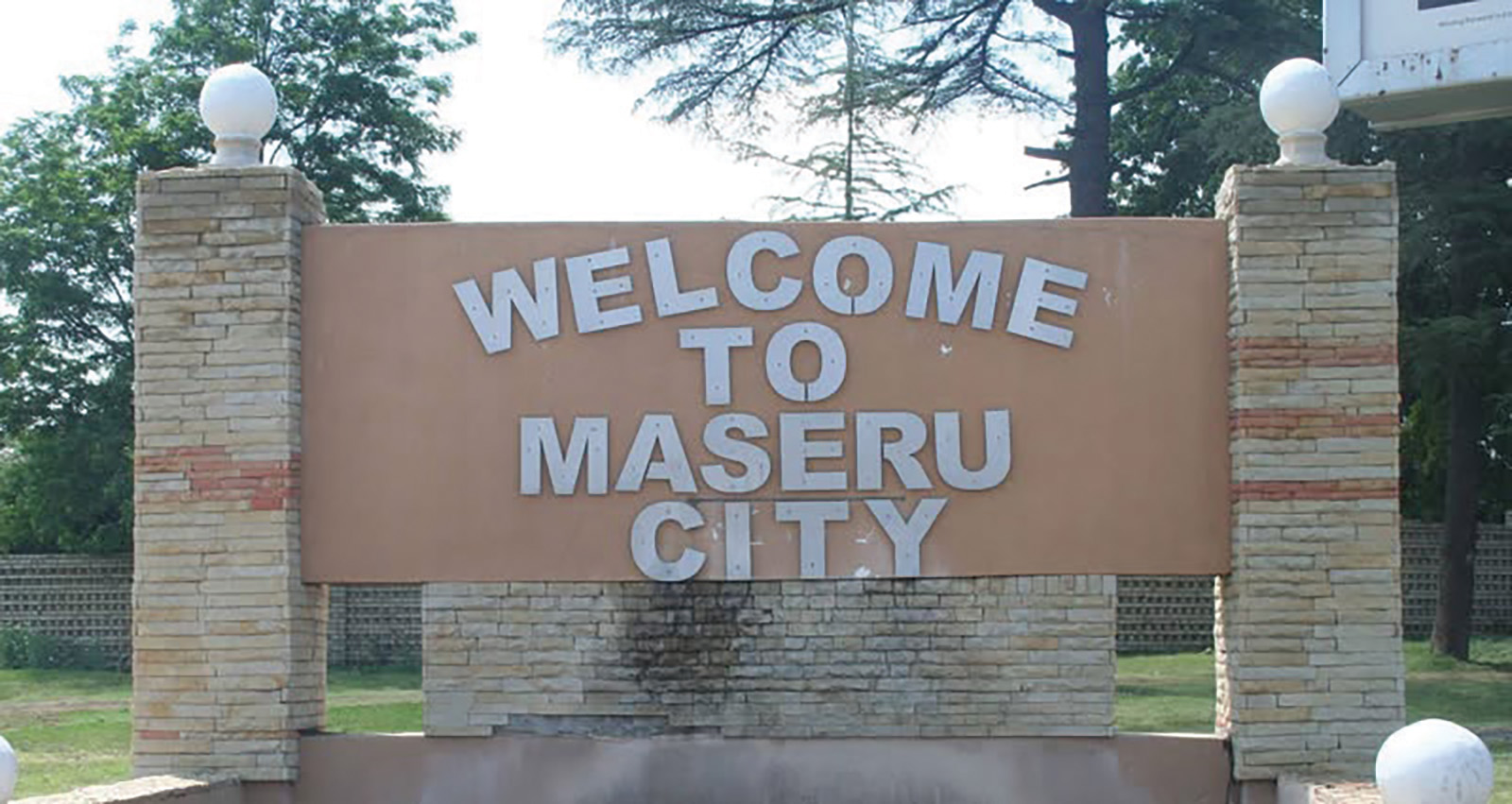
MCC in M16m debt crisis
5 days ago
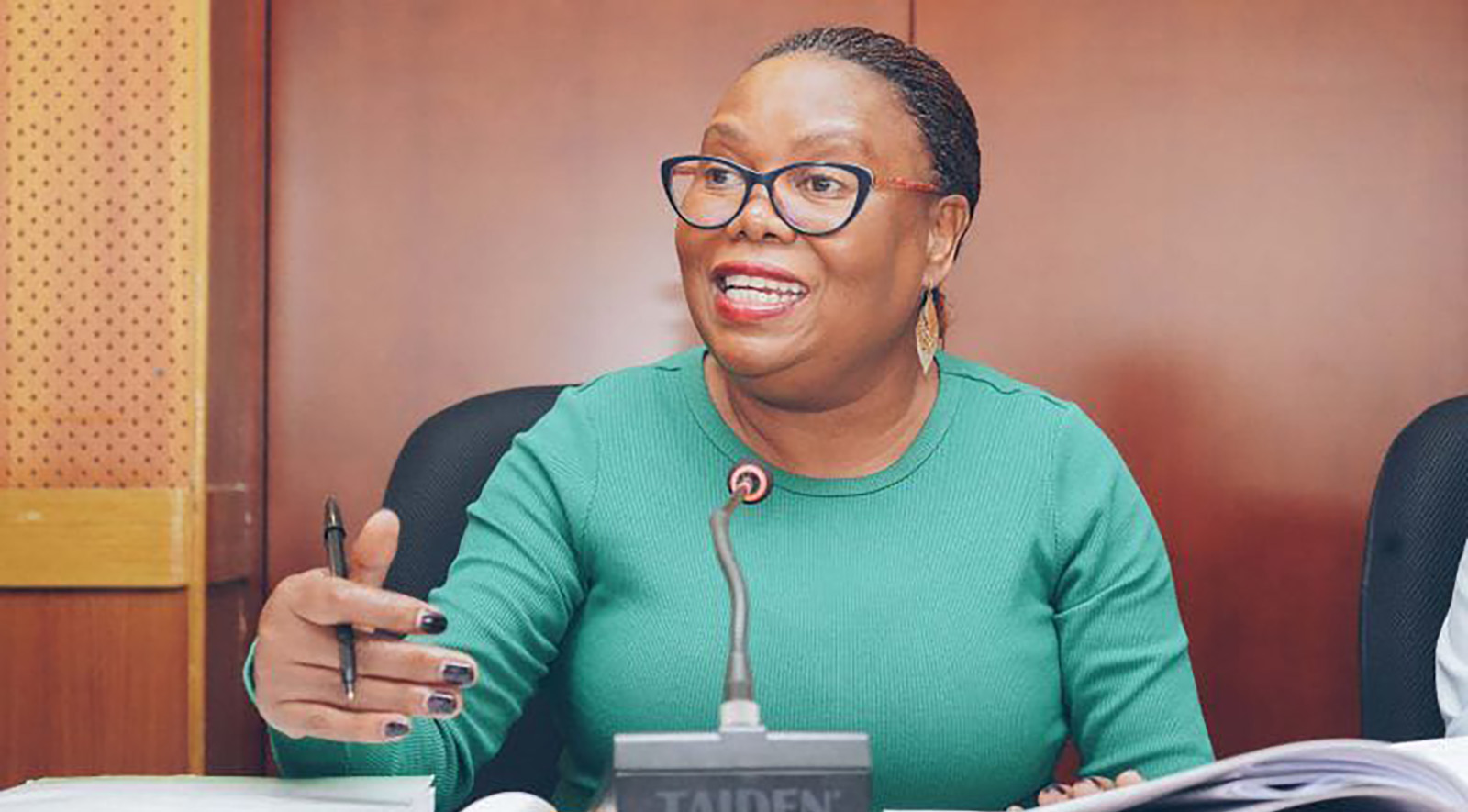
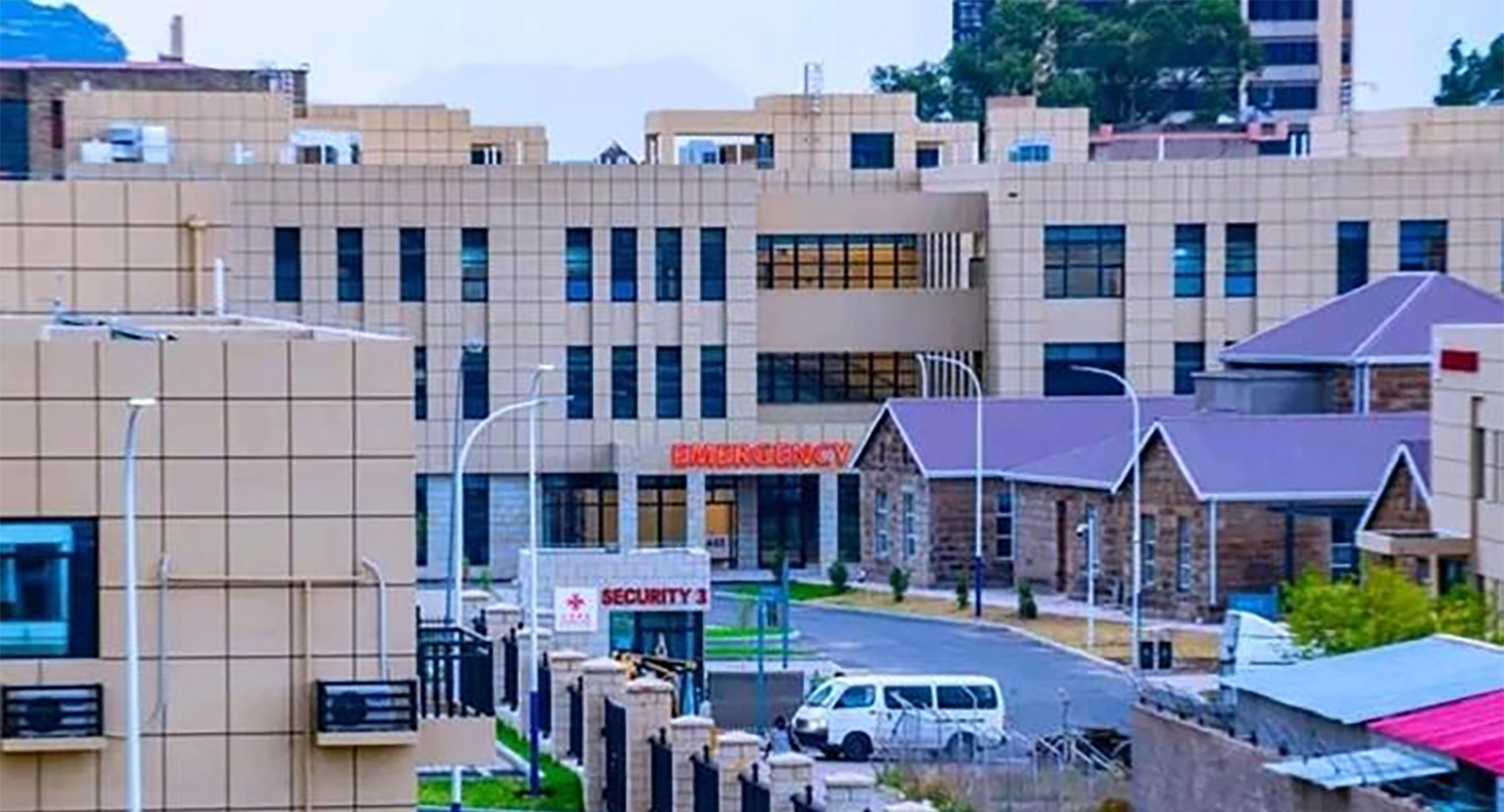
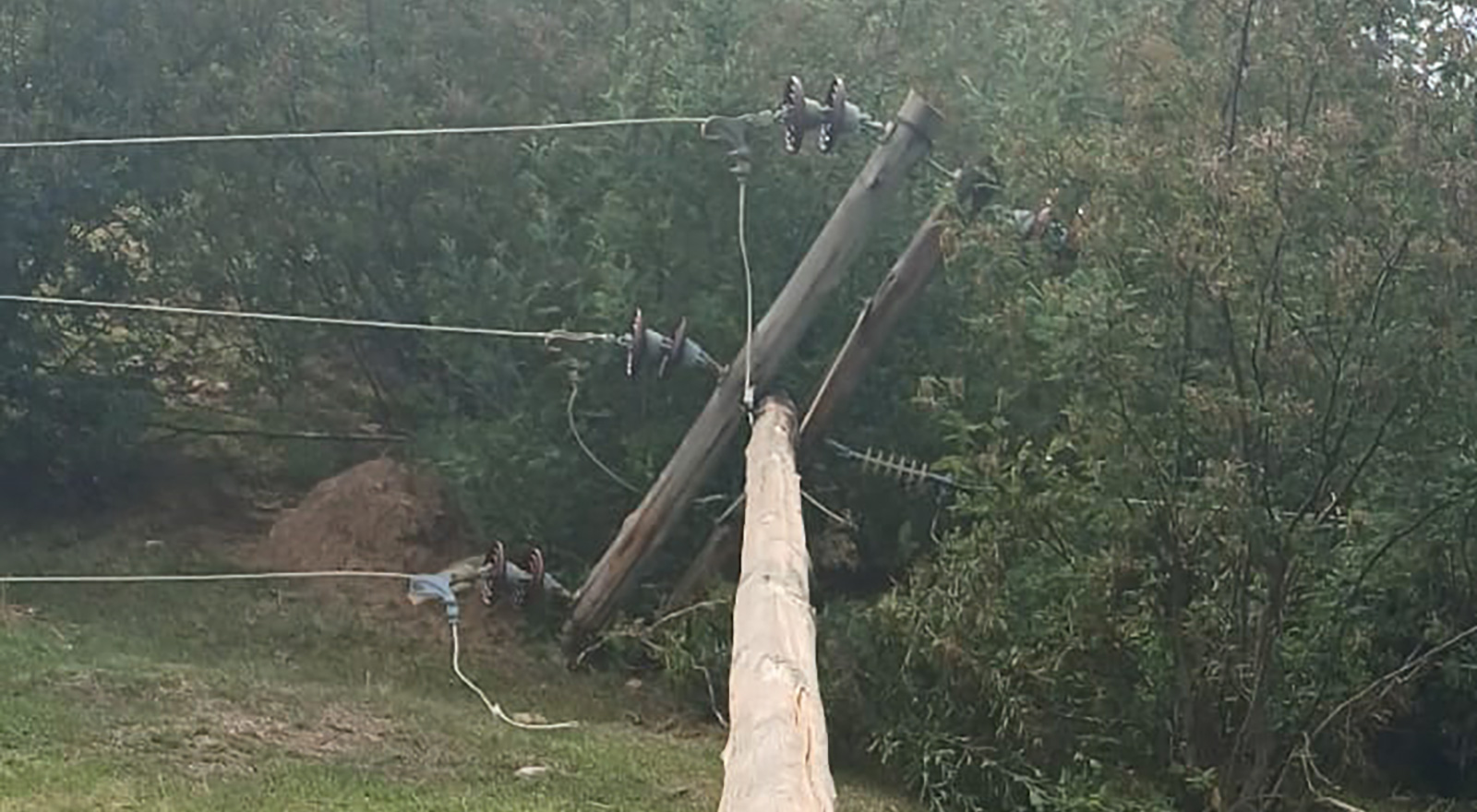
LEC loses M3.5m to vandalism
7 days ago
Maseru man fined M1,500 for theft
7 days ago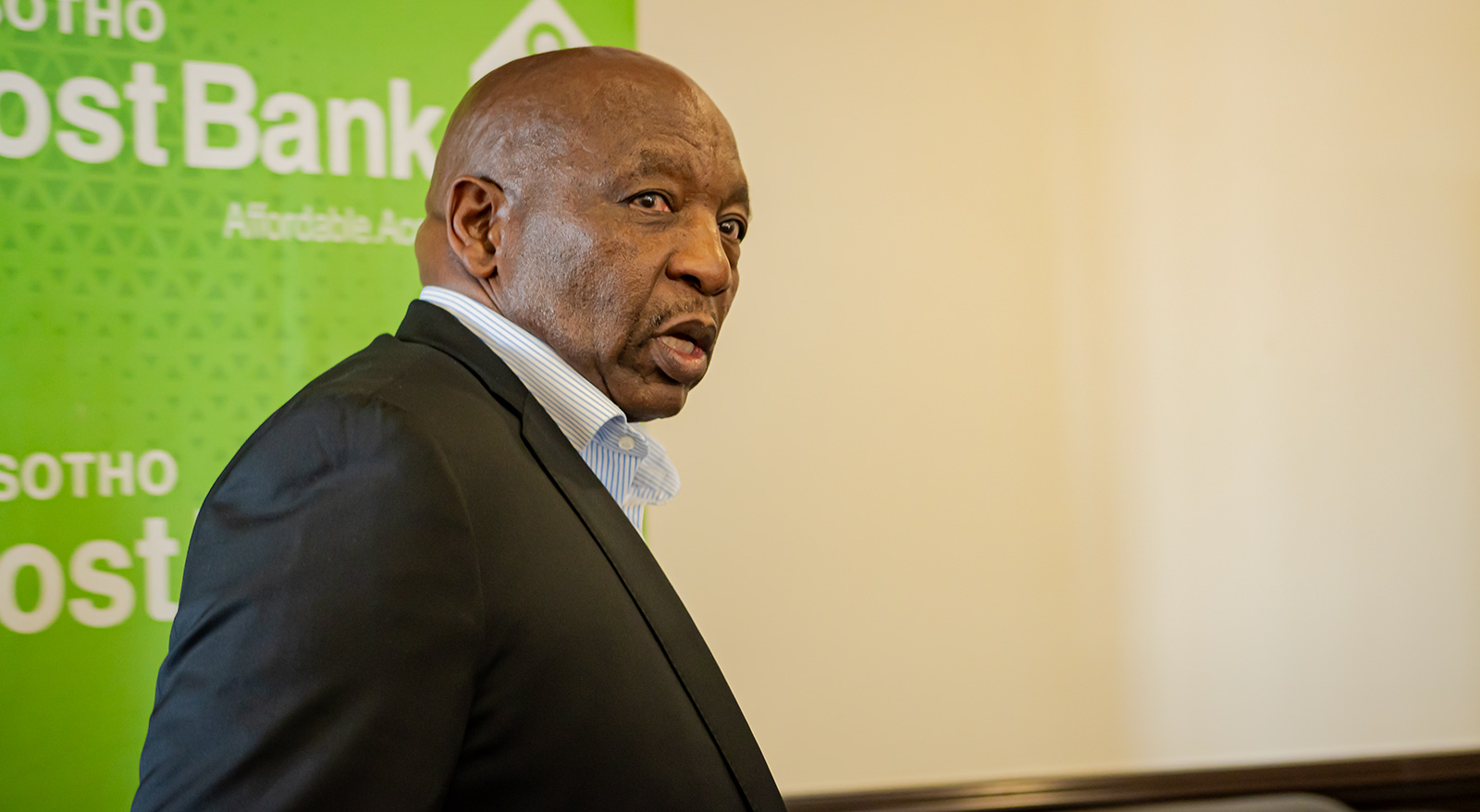
Govt disbands assets recovery task team
8 days ago

Lesotho celebrates World Ozone Day
9 days ago
Mahase praised for professional leadership
10 days ago